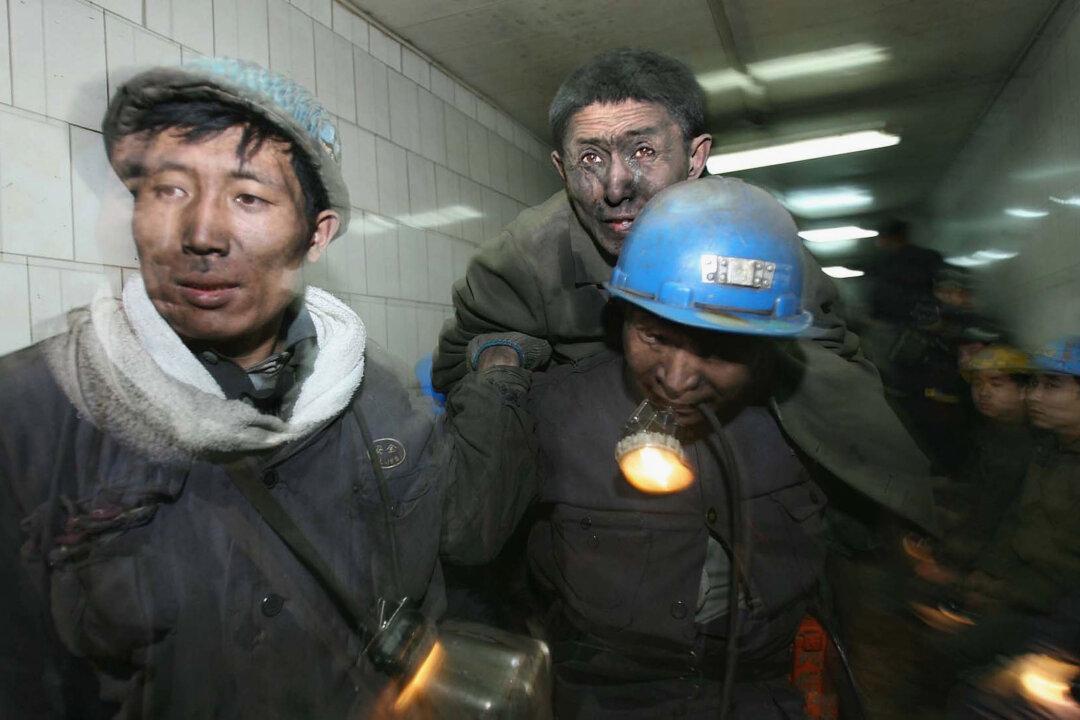Around 22 percent of coal mines in China’s coal hub of Shanxi Province were recently ordered to stop operating due to major safety issues. One China observer said that problems persist due to a lack of oversight and corruption among authorities, and safety rules are regarded as a mere formality.
From January to July, Shanxi produced about 675 million tons of raw coal, the highest among all provinces, accounting for about 30 percent of China’s total output in the same period. Suspending the coal mine operations in the province is a big deal as other industries would be affected.





